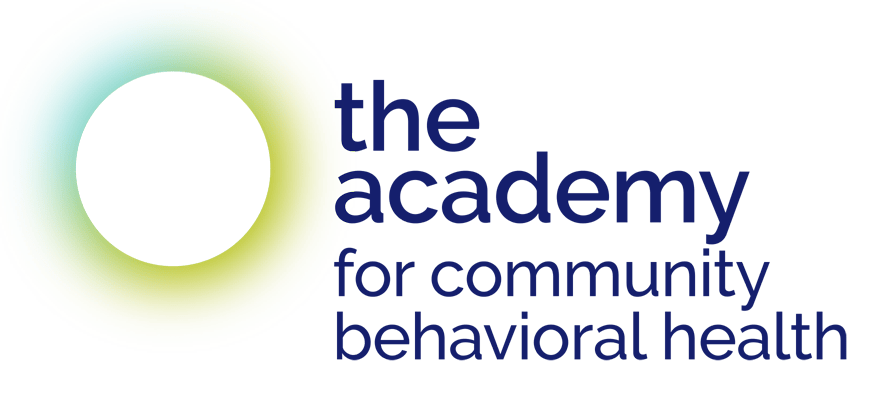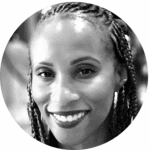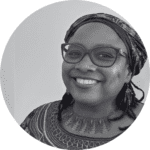All Scheduled Dates
None scheduled at this time
Course Length
1.5 hours
Course Type
Single-Session
QUESTIONS?
Email: [email protected]
ATTENDANCE POLICY
Learners who complete this 1.5-hour course will receive a certificate of completion from the Academy.
Grief: Let's Talk
Helping Our Communities Cope with the Death of Loved Ones
DESCRIPTION
This is an introductory course for social service providers who wish to deepen their knowledge about how to support diverse bereaved community members. We will explore contemporary, research-backed, inclusive approaches to grief, how and why grief can go off-track, and foundational information about supporting bereaved community members.
The course aims to dispel myths about grief and loss, as we consider how to help community members develop and maintain well-being.
OBJECTIVES
Participants will:
- Learn to recognize typical and atypical features of acute, chronic, and extended grief from multicultural perspectives.
- Define and describe prolonged grief as we identify universal as well as distinct signs of extended grief amongst various ethnic and cultural groups.
- Learn special considerations for supporting bereaved BIPOC individuals and people with diverse spiritual or contemplative practices.
- Learn how mindfulness and diverse contemplative practices can support healthy grieving.
- Learn strategies for providing emotional support to bereaved individuals including guidance regarding healthy coping behaviors.
- Understand the potential personal impact of supporting bereaved individuals and ways to care for oneself as one cares for others.
WHAT TO EXPECT
This course will include a short PowerPoint with key information, film clips and large group discussions. We invite participants to be on camera.
ELIGIBILITY
Academy courses are open to non-profit care providers who deliver social services or behavioral health care in New York City.
This includes, but is not limited to, staff of: community-based organizations, government agencies, and public hospitals, along with members of mutual aid groups, community gardens, NYCHA resident committees, and more.
INSTRUCTORS


